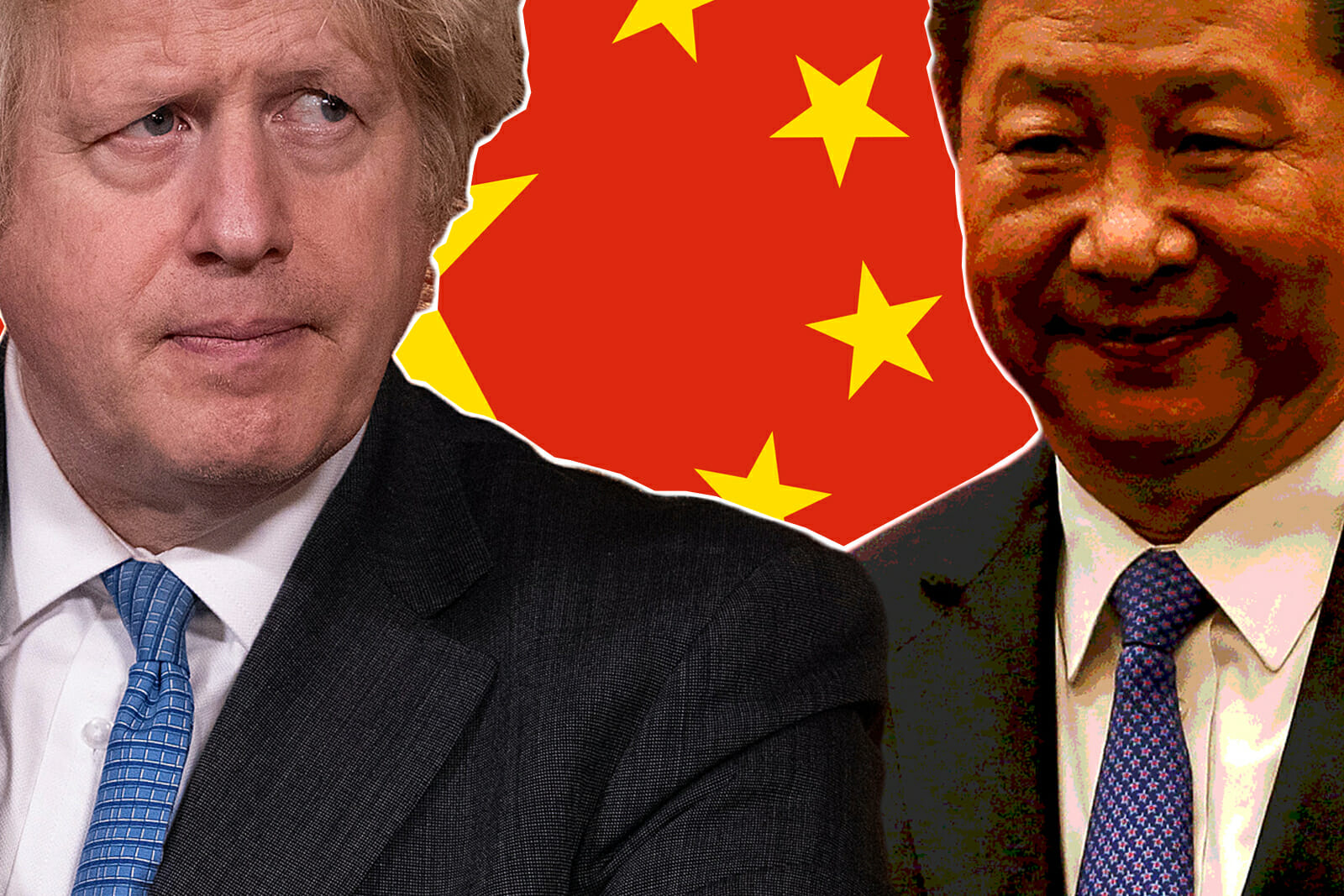
Trading Places. What Took So Long?
From east of Suez to all along the Yangtze, and in Beijing, customers at bars were celebrating but it wasn’t Britain’s pivot to Asia that had them chatting loudly and back-slapping. St Patrick’s Day, March 17, was the reason for their unmasked jollity in the bars and pubs. More than 50 years after the then Labour defence secretary Denis Healey announced the United Kingdom’s cash-strapped retreat in 1968 from east of Suez, Britain is back. Well, talking about it.
UK Prime Minister Boris Johnson and his admirals are looking at a new horizon stretching through crowded seaways east from India to Japan and south from China to Australia. Britain, or in reality the Tory high command, believes the European Union stifled the imperial drive, robbing Britain of its true place, a dominating global role. Britain’s decline, some Tories believe, can be traced to the EU, the introduction of comprehensive education, and spreadable butter. Is a COVID-19-weakened but vaccinated Johnson, in response, wrapping himself in the flag and embarking on an imperial fantasy?
Asia is the new economic center, and the UK is lagging behind in its dealings with it. China is the only Asian country in Britain’s top 10 markets. The U.S., Germany, and Ireland are the top 3, according to the Database of British Products & Verified British Exporters.
Clearly something is askew. Ireland, of course, has proximity but it also has a population of around 5 million. That is about the size of my neighborhood in Beijing. And here comes the contradiction. Britain is changing policy primarily not to boost trade with China but to counter it, politically, militarily, and economically. Sure, London says, we’ll do business with Beijing if the right opportunity comes along. I wouldn’t count on it.
In a word, Britain wants to contain China. There are legitimate reasons to boost trade with Asia but containing China is ludicrous both in its reasoning and consequences. It is also impossible.
Britain has announced it will send its brand-new aircraft carrier, HMS Queen Elizabeth, to the South China Sea and give Beijing a shot across the bows in a “that’ll teach ‘em” show of weakness. It meant to do so earlier but delays and cost overruns pushed back the deployment. It dare not go into the South China Sea alone, realpolitik demands that Washington set the timeline and sends its ships to, um, well, protect it and make sure matters do not get out of hand. No point going up the Yangtze without a paddle. Of course, it will be described as allies working together, to send a united message. In truth, China is not worried.
They know how to deal with former 20th-century concession holders of its territory.
In February 2019, the then UK defense secretary, Gavin Williamson, now an incredibly unpopular minister of education kept in his post as a lightning rod, announced the HMS Elizabeth would travel to the South China Sea and be prepared to use lethal force to defend free and open waterways. China, after enjoying a fit of the giggles, responded by withdrawing its invitation to the chancellor, Phillip Hammond, to visit for trade talks.
The Chinese are not anti-English. Far from it. Every school in China teaches English or wants to if teachers and resources are available. In England, about 13 percent of state schools and 50 percent of independent schools teach Chinese. The fortunes of English soccer teams are passionately followed in China. Who do you support is a common question. Pre-pandemic, students wanted to go to Britain to study. Many did. London and Edinburgh were top destinations for Chinese tourists.
China aside, Britain should not be under any illusion that its return to Asia will usher in a new age of the Raj.
The region is the powerhouse of the global economy. From the east bank of the Bosphorus to Tokyo Bay, it accounts for half of global economic output and more than half the world’s population. And this is growing. Within its geography, it has the world’s two most populous nations, China and India, and the second and third largest economies in the world, China and Japan, as well as the world’s largest democracy, India.
The Asia pivot is a tantalizing prospect. But how well has lockdown London thought this through? Asian countries want visas for their nationals to study and work in Britain. Will the UK be prepared to give India and the other Asian countries access to UK markets, as well as tens of thousands of visas?
Asians were victims of rampant saber-led globalization in the age of empire.
They want, and will get, a better deal this time.
Anchors aweigh!

